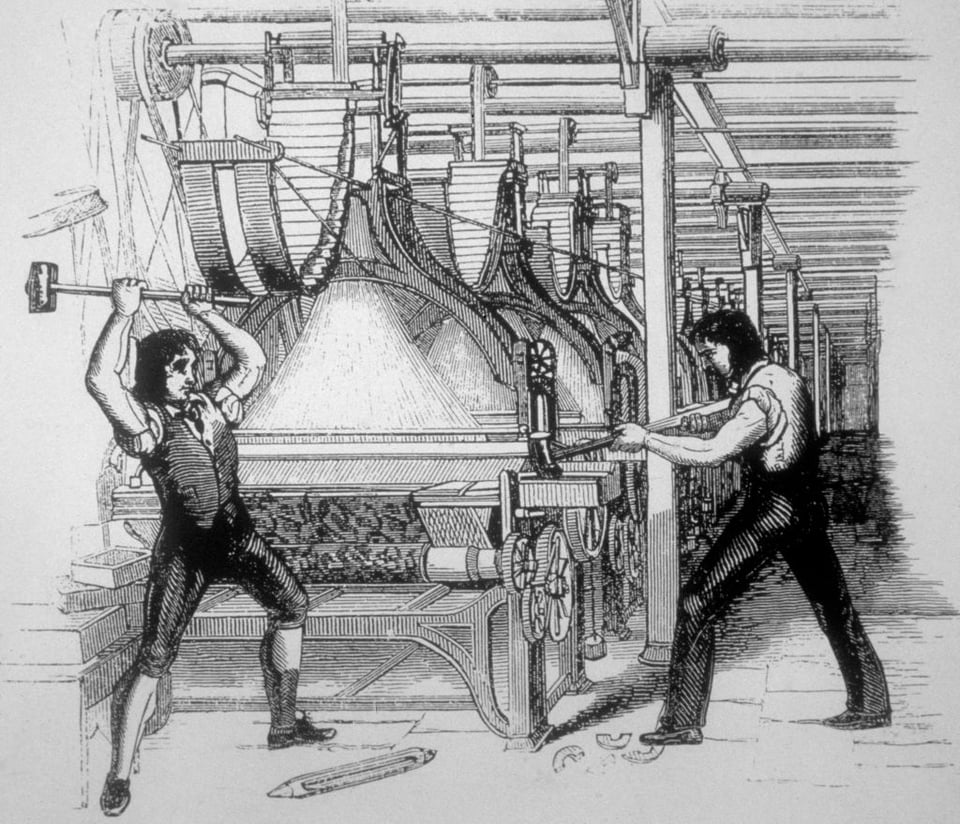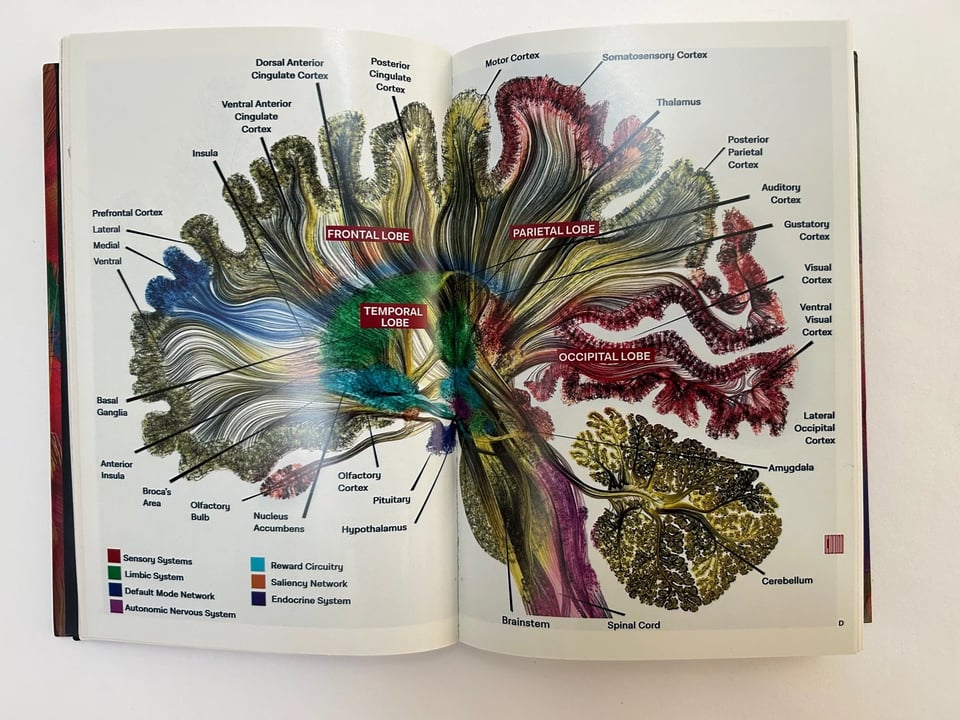February Update: Half Term, Irving Berlin's Piano, Neuroarts

Hi everyone,
February news and miscellania below!
Half Term
First off, a quick reminder that I will be away the week Monday 17 February to Sunday 23 February and there will be no lessons as I’m having a break to get some business side things in order like getting a new laptop and some other systems in place to help me manage 40+ students a week.
I’ve also got a bunch of DIY needed in the main space, and the bathroom, which is going to be replaced in the next few months so that I have something much more pleasant for students to use!

Irving Berlin’s Piano
Great tidbit this.
I learned recently that Irving Berlin, one of the greatest songwriters in American history, and author of THE most commercial successful song of all time – White Christmas – could only play in one key, F sharp. He also couldn’t read music and was entirely self-taught.
What is an aspiring songwriter to do? Well, Berlin commissioned his very own transposing upright piano, expressly made from him by the Weser Brothers in 1940. This ingenious piano has a lever at the bottom that can slide along to activate a transposing mechanism that moves the action and keyboard so that the player can play in any key using the same keys.
Just shows you what you can do with some diligence and ingenuity! Makes me wonder why I bothered learning so many scales…

To App Or Not Too App
As people might know, I am hardly a tech-enthusiast at the best of times and I try to avoid using screens during teaching, although they have their uses. Most are distractions to be avoided, but here are the ones that have a place in my own teaching.
iStrobosoft
Expensive, but the most accurate and useful tuner in existence.
Tenuto
My go-to brain trainer to improve sightreading, note recognition, and theory.
MetronomeLab
Infinitely customisable metronome. Quintessential.
The Amazing Slow Downer
Slows down tracks on Spotify without massively compressing the file. Great for jamming along to a part you’re learning.
Spotify/Tidal
Streaming is convenient, but for artists you listen to the most, please support them directly by buying their records or seeing them on tour. Also, increasingly these services are becoming a junkspace filled with AI-made playlists, pushing musicians out to concentrate profits at corporate HQ, so I do wonder about their longevity as functional services.
On that point, this is required reading:

The Ghosts in the Machine, by Liz Pelly
Spotify’s plot against musicians
Moises
A rare example of AI that I can get behind. Ever wanted to play along to a track but mix out certain sections, like the vocals or bass? Well, now you can. Upload a track and within minutes you can select each instrument individually and mix them in or out as you please. Great for practising along to your favourite bands.
Dorico
If you want to do any notation or transcription, other than by hand, this is the way to do it.
Harringay Library Pianos
https://www.haringey.gov.uk/libraries/library-pianosThis is an absolutely phenomenal initiative and I hope more libraries follow suit…
Haringey Music Service now has 9 digital pianos freely available for anyone to use at Harringay’s central library. Proper pianos too, with weighted, wooden touch-sensitive keys and headphones so no-one else can be disturbed. This thing should be the norm, and I hope it extends further to practise rooms, digital drum kits, instrument hire and other initiatives.

This Is Your Brain On Art
https://www.yourbrainonart.com/I’ve been following this recent project on neuroarts, which currently has a wonderful book with its recent findings in it, including how tuning forks in C and G (the perfect fifth interval) can reduce cortisol levels and stress responses, how the military is using music and sound therapy to combat PTSD, how singing has an instant parasympathetic effect on the vagus nerve which in turn an help alleviate depression and anxiety, and even how those with regular experiences with the arts can extend their own life by up to 10 years. Pretty exciting stuff.
The book makes a very strong case for how we as humans are intrinsically wired for art and aesthetic experience, and that it shouldn’t be dismissed as some namby-pamby extravagence, but more an existential way that humans function, learn and develop both emotionally and intellectually. Which is something we all know in our hearts to be true; anyone who has spent time with a young child would know this instantly – even as infants, we love to play games, move our bodies, sing, clap and rhyme. It’s part of our DNA. Without it, we are dehumanised.
Sadly, this innate gift of ours has been somewhat beaten out of us the last 50 years. If you want to know why, I suggest you read Culture Is Not An Industry by Justin O Connor.

I For One Welcome Our Robot Overlords
From the LRB…
Concert pianists are in a bind: should they risk severe muscular spasms with practice or let their skills atrophy? Perhaps try a robotic exoskeleton, a fingerless glove that can open and close the wearer's fingers individually up to four times a second. Expert pianists who practised with the exoskeleton reported an increase in playing speed – an ability which surprisingly transferred to the untrained hand as well.
Liam Shaw | Serious Music
Robert Schumann’s teenage ambitions of virtuosity were undone by the onset of debilitating pain in his right hand. ‘...
Upright Acoustic For Sale
A friend of mine has inherited an upright acoustic she wants to get rid of. I don’t have many details right now, other than its supposed in good condition and they’re looking for a low price and quick sale. If interested, send me a quick email!
That’s all folks! – Will